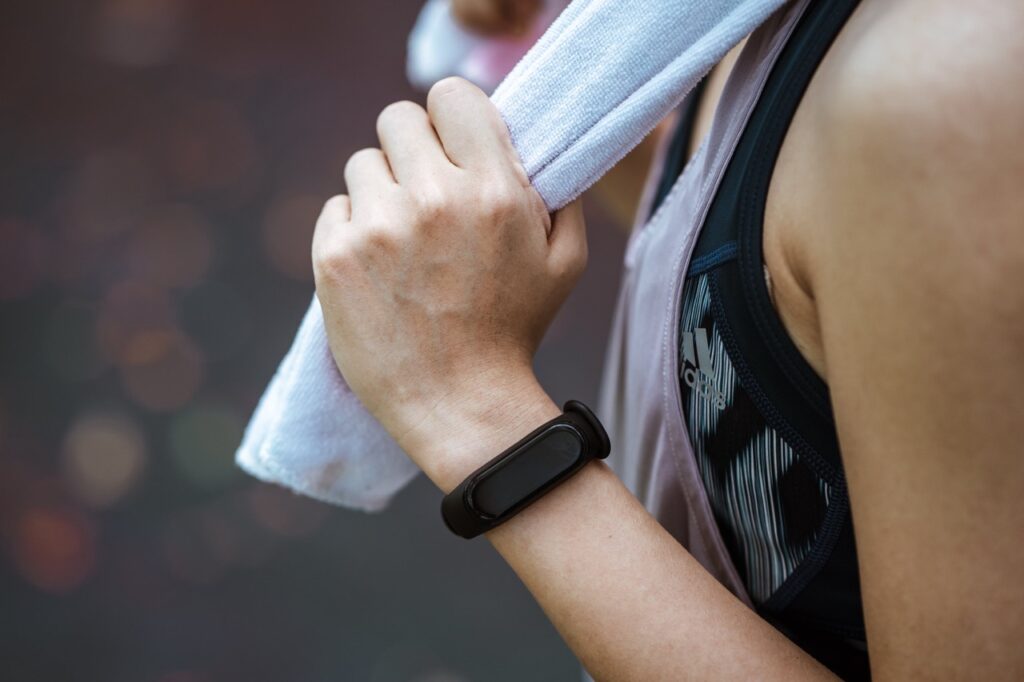The convergence of technology and sports has ushered in a new era of training and performance enhancement, with wearables and apps playing a pivotal role in this paradigm shift. Here’s a look at how these technological advancements are revolutionizing sports training for both professional athletes and fitness enthusiasts:
1. Wearables: Measuring Performance in Real-Time
a. Fitness Watches:
Fitness watches are a popular type of wearable technology used by both professional athletes and amateurs to track crucial statistics such as heart rate, calories burned, step count, running distances, and pace, aiding in the monitoring and optimization of performance.
b. Heart Rate Monitors:
These devices provide real-time feedback on heart rate and pulmonary activity, helping athletes target optimal heart rate zones during exercise, monitor fitness levels, and maintain heart health. They also play a role in detecting cardiovascular irregularities and preventing overtraining
c. Advanced Sports Helmets:
Modern helmets, equipped with built-in headsets and/or video capabilities, facilitate communication between athletes and their support teams, enhancing on-field performance. Additionally, they offer protection against injuries such as concussions.
2. Sensor Technology: Collecting Valuable Data
Various sensors, embedded in clothing or shoes, collect data on athletic performance and health. These include GPS sensors tracking movement metrics, Velocity Based Training (VBT) sensors monitoring weight lifters’ performance, and sleep tracking devices aiding in achieving sleep goals for better recovery and performance.
3. Apps: Delivering Personalized Training Plans
a. Peloton App:
For a subscription fee, the Peloton App provides access to a variety of training methods and cardio equipment classes, helping users to maintain a structured workout routine.
b. Vold Athletics:
This app offers world-class, research-based workouts, making advanced training content accessible to a broader audience. The training content on the Vold Athletics app is grounded in over 50 years of exercise science research.
c. AI-Driven Tools:
Artificial Intelligence (AI) tools provide personalized training plans, performance monitoring, and injury prevention, assisting coaches, trainers, and facility managers in optimizing their operations and delivering better experiences for athletes.
4. Injury Prevention and Recovery:
Technology has significantly advanced sports injury prevention. High-tech mouthguards and helmets monitor impacts and help prevent head injuries. Moreover, diagnostic programs are being developed to identify high-risk players using biometric data, enabling timely interventions to prevent injuries.
The fusion of wearables, apps, and sensor technology is redefining sports training, offering personalized, real-time insights that empower athletes to optimize their performance, prevent injuries, and achieve their fitness goals. As these technologies continue to evolve, they promise to further elevate the sports training landscape, making sophisticated training tools and insights accessible to all.






